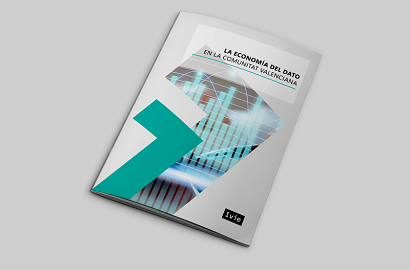Seville Opens European Centre for Algorithmic Transparency Headquarters

The European Commission body has published the first vacancies to build its team
The European Commission has launched the new European Centre for Algorithmic Transparency (ECAT) in Seville, which has been integrated into the infrastructure of the Joint Research Centre (JRC) that the EC had already established in the Andalusian capital. The body was created under the Digital Services Act (DSA), a new set of EU rules that came into force on 16 November to regulate the digital sphere with the aim of making it more secure and trustworthy.
The regulation adopted by the EC establishes a set of rules for large digital platforms and search engines, most of which base their services on the use of algorithms. Its main task is to monitor these algorithmic systems in order to observe the way in which content is proposed to users. It will provide scientific and technical support for the new regulation, support compliance and implementation, and integrate foresight and research.
Recruitment process
The Seville JRC also hosts the AI Watch artificial intelligence observatory at its facilities. Ten of the researchers working on this will be the first to join the ECAT in January. The centre will be supported by two other sites, in Ispra (Italy) and Brussels (Belgium), but the bulk of the team will be based in the Andalusian city, where its management will also be located.
The recruitment process for the new team has already been launched on the ECAT website. The JRC has launched a talent recruitment campaign to find around twenty people with extensive experience and talent in the digital field. Vacancies for data experts, algorithm designers and algorithm auditors, as well as other roles, will be available until 9 January.
New digital directorate
For the time being, the ECAT will report to the JRC's Directorate for Growth and Innovation, headed by Mikel Landabaso, and in 2023, it will come under the new digital directorate that is to be created. The choice of Seville by DG Connect (the European Commission’s Directorate-General for Communication Networks, Content and Technology) for setting up the new centre is, in Landabaso's opinion, the result of the work of the JRC's Digital Economy Unit, headed by Carlos Torrecilla.
Significant work lies ahead, aimed at reducing the risks of online services that connect consumers to goods, services and content. Protecting minors and creating a new alert mechanism for illegal content are some of the goals set by the new Digital Services Act, which will pay special attention to platforms with over 45 million users.
In its supervisory role in support of the law, the ECAT will make assessments to verify whether algorithmic systems in operation comply with risk management obligations. It will in this way seek to ensure a secure, predictable and reliable online environment. When fully operational in the first quarter of 2023, it will also work on identifying and measuring systemic risks.
LINK: Information on vacancies:
https://algorithmic-transparency.ec.europa.eu/work-ecat_en
Photo: European Commission




